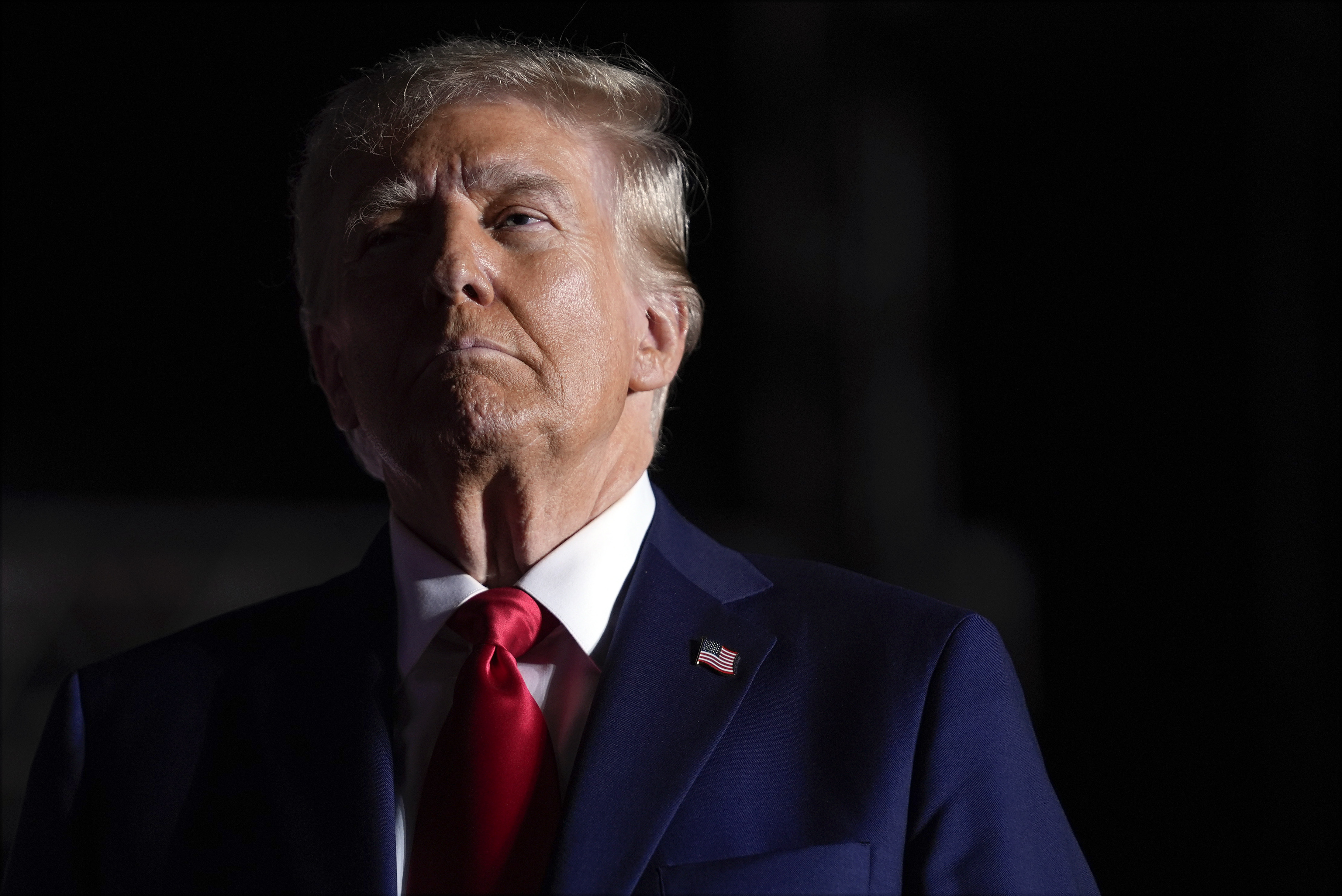What began as a campaign promise central to Diana DiZoglio’s election as Massachusetts auditor in 2022, has led to a ballot question in the November 2024 election.
Ballot Question 1 asks Massachusetts voters whether the Office of the State Auditor should have the authority to audit the Legislature.
WATCH ANYTIME FOR FREE
Stream NBC10 Boston news for free, 24/7, wherever you are. |
DiZoglio, who built her successful campaign, in part, on the promise that if elected she would audit the Legislature, is an ardent supporter of the measure.
“Question 1 would bring on the sun. Sunlight is the best disinfectant,” DiZoglio said.
Get updates on what's happening in Boston to your inbox. Sign up for our News Headlines newsletter.
DiZoglio said Question 1 is about bringing transparency and accountability to the Massachusetts Legislature, which consistently ranks as one of the least transparent legislative bodies in the country.
“Bills are able to be passed in the middle of the night with no recorded roll calls. Committee votes oftentimes don't take place, so we can't track how people voted, what people's opinions on things are,” she said. “Those are all matters of concern for the general public.”
Under current law, the auditor’s office has authority over all departments, offices, commissions, institutions and activities of the Commonwealth. Question 1 explicitly adds the Legislature to the list.
DiZoglio believes an audit would peel back the curtain on the legislative process and show voters how their tax dollars are spent on things like hiring, state contracts, and non-disclosure agreements.
“My office would be able to come in to help shine a light in the dark areas of state government, looking at how those taxpayer dollars are being spent, whether it's in state contracts and procurement processes — which are currently hidden from the public by our state Legislature — or whether it's comparing receipts with the claimed financial expenditures,” she said.
Lawmakers on Beacon Hill have rebuffed DiZoglio’s previous efforts to audit the Legislature, claiming she lacks the constitutional authority. They also believe the oversight she desires is redundant. Senate President Karen Spilka often points to the fact that the Legislature is audited annually by a public accounting firm and makes the results public.
But those in favor of expanding the auditor’s authority believe Massachusetts taxpayers deserve more.
DiZoglio also wants to investigate various processes and procedures on Beacon Hill. She would like access to information regarding active and pending litigation, the process for appointing committees, the adoption and suspension of House and Senate rules and the policies and procedures of the House and Senate.
But according to an analysis by the Center for State Policy Analysis (cSPA) at Tufts University’s Tisch College, even if voters give the auditor the authority to conduct oversight of the Legislature, the office would not be granted oversight of core legislative functions like committee votes, debates, and committee assignments.
“We are able to audit what's happened in the past, so we can't go in and influence anything that is ongoing. We would be seeking to simply report on what has already occurred. Again, for the purposes of making government work better, so completely separate from the argument on core legislative functions,” DiZoglio said.
Even before the question was put on the ballot, legal experts have debated whether the auditor’s office has the constitutional authority to audit the Legislature.
According to Jerold Duquette, a political science professor at Central Connecticut State University and co-founder and senior contributor at masspoliticsprofs.org, an executive officer, like the auditor, does not have any oversight of the Legislature.
“The auditor seems to believe that the three branches have sort of a very equal give and take relationship that they just do not,” Duquette said. “She is selling this as if it would only clarify authority that she already has, constitutionally and statutorily. And unfortunately, she's very wrong on both counts.”
Duquette says DiZoglio’s push to audit the Legislature has its merits, but her legal argument is flawed.
“She's making a case and using a method that is really inappropriate and, frankly, will only increase the kind of cynicism that causes people not to pay attention to the details,” he said.
According to the cSPA analysis, even if Question 1 passes, “legislators will have a lot of leverage to resist investigations. They might drag their feet, refuse to comply, or use their budgetary power to handcuff or even defund the auditor's office. If that happens, the fight may shift to the courts, where the outcome is hard to predict.”
Ahead of the election DiZoglio is walking the length of the commonwealth trying to convince voters to say “yes.”
Though Beacon Hill leadership has so far stymied her efforts, she said she has the support of some rank-and-file lawmakers and believes they, like taxpayers, stand to benefit from a legislative audit.
“This is something that helps senators. It helps representatives. and it helps the employees and the institution as well,” she said. “We can support our state Legislature and we can also support transparency. Those things are not mutually exclusive.”
Ahead of the November election, NBC10 Boston is producing a series of reports on the five questions that will appear on the ballot in Massachusetts. Our goal is to help voters better understand the issues that they are voting on. See more coverage here.



